Search
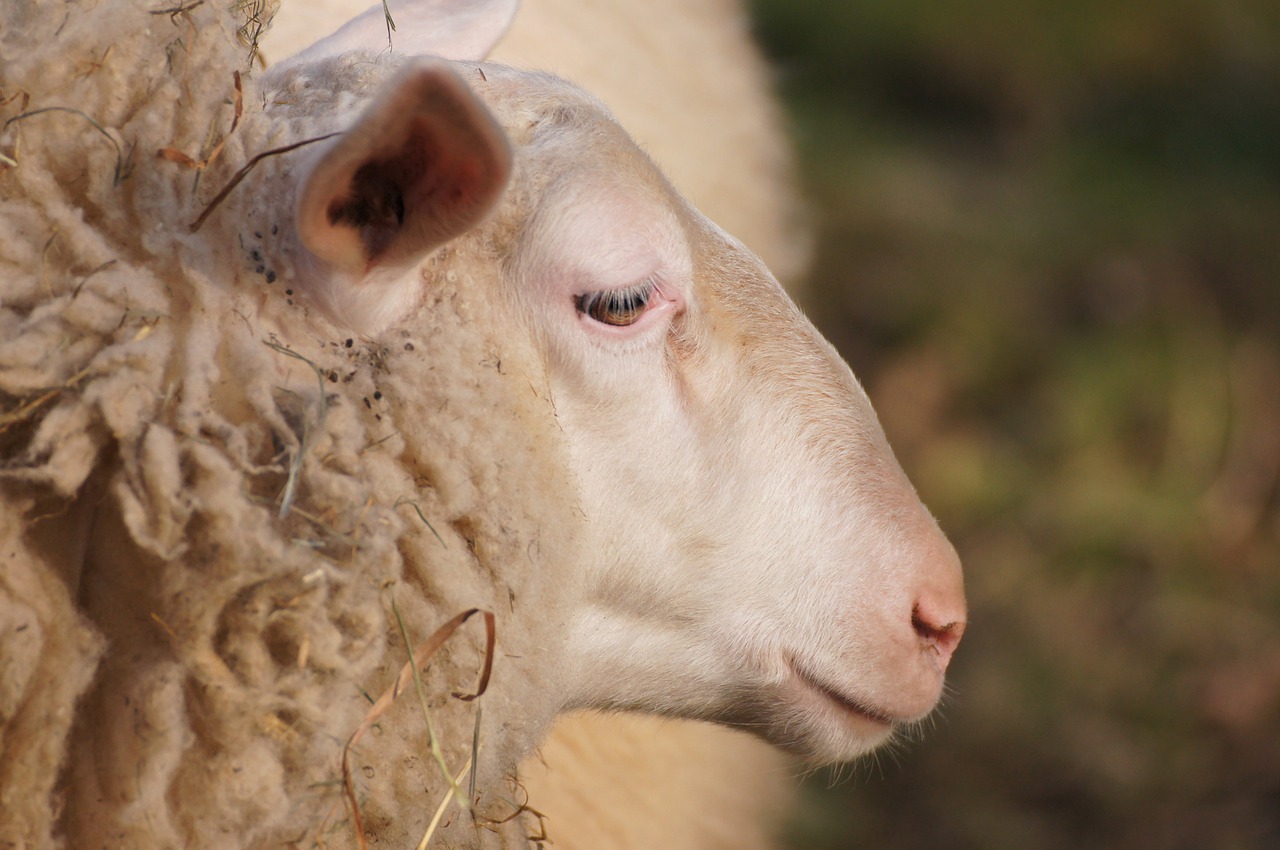
Sore Mouth: A “Pox” Virus for Sheep
Just like in children or adults who contract the dreaded chicken pox, sheep and goats can catch their own similar “pox” virus called Sore Mouth, technically known as Contagious Ecthyma. This health problem is most recognizable by red blisters or thick brown scabs on the skin around the lips or muzzle area.
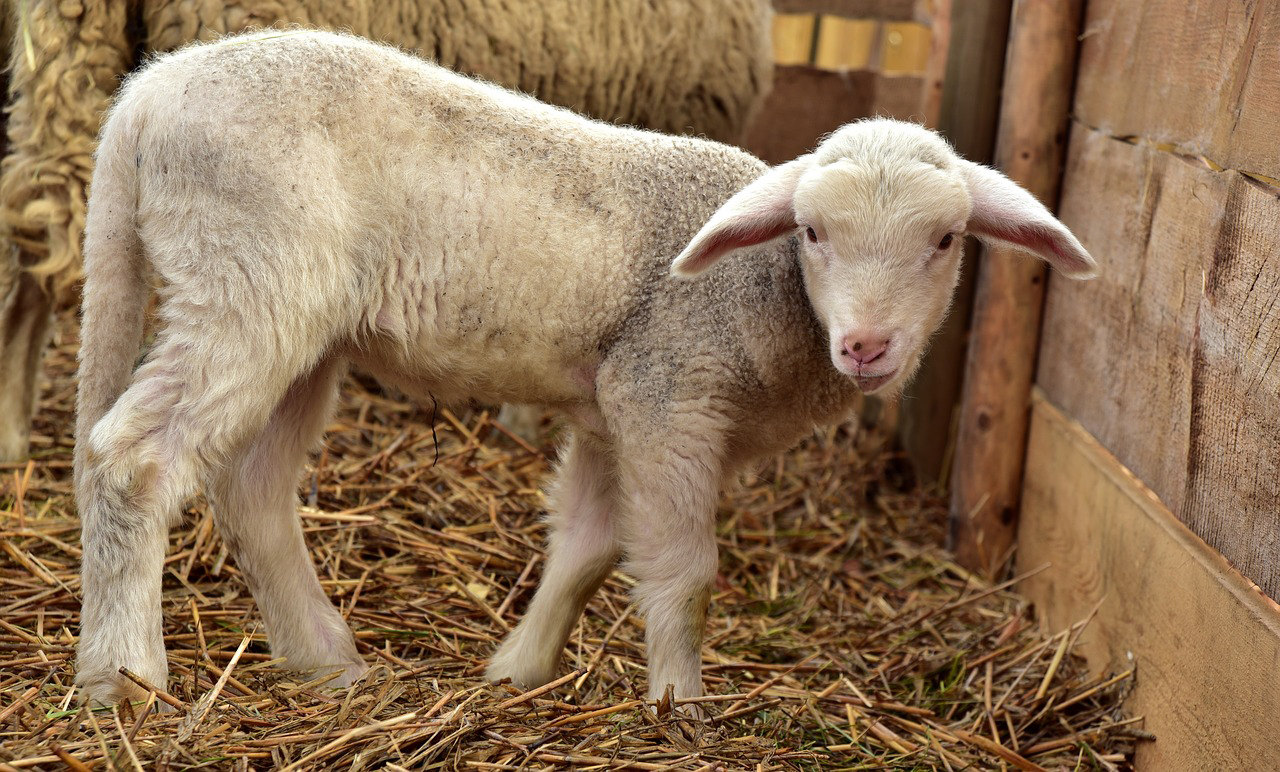
Importance of Lamb Nutrition Management to Avoid Acidosis
Acidosis (also known as lactic acidosis, grain overload, over-eating or grain poisoning) is a metabolic condition that most commonly occurs with lambs offered grain based diets, but can affect mature sheep.
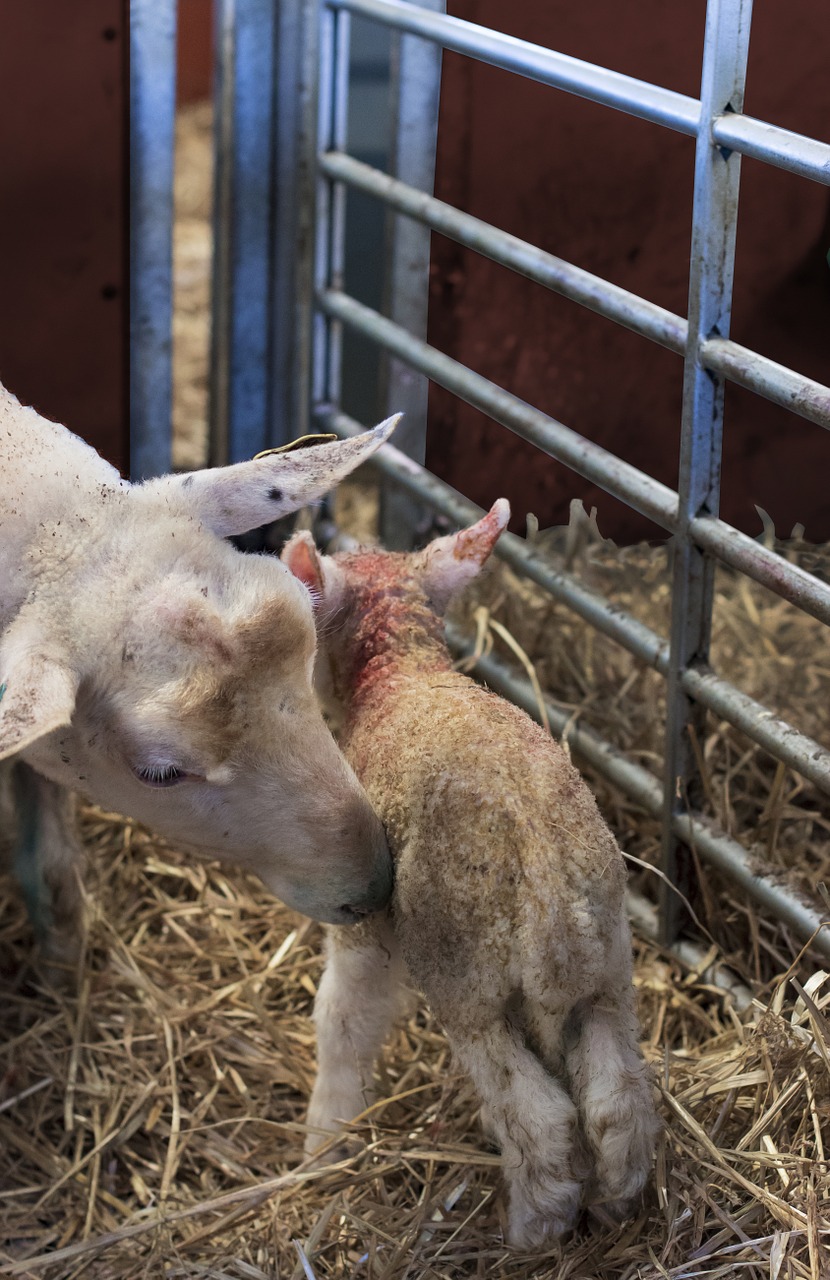
Newborn Lamb Care Management
Proper newborn lamb care is a critical component of flock profitability. In the U.S. lamb mortality from all causes is approximately 20% with more than 80% of those losses occurring in the first two-weeks following lambing.
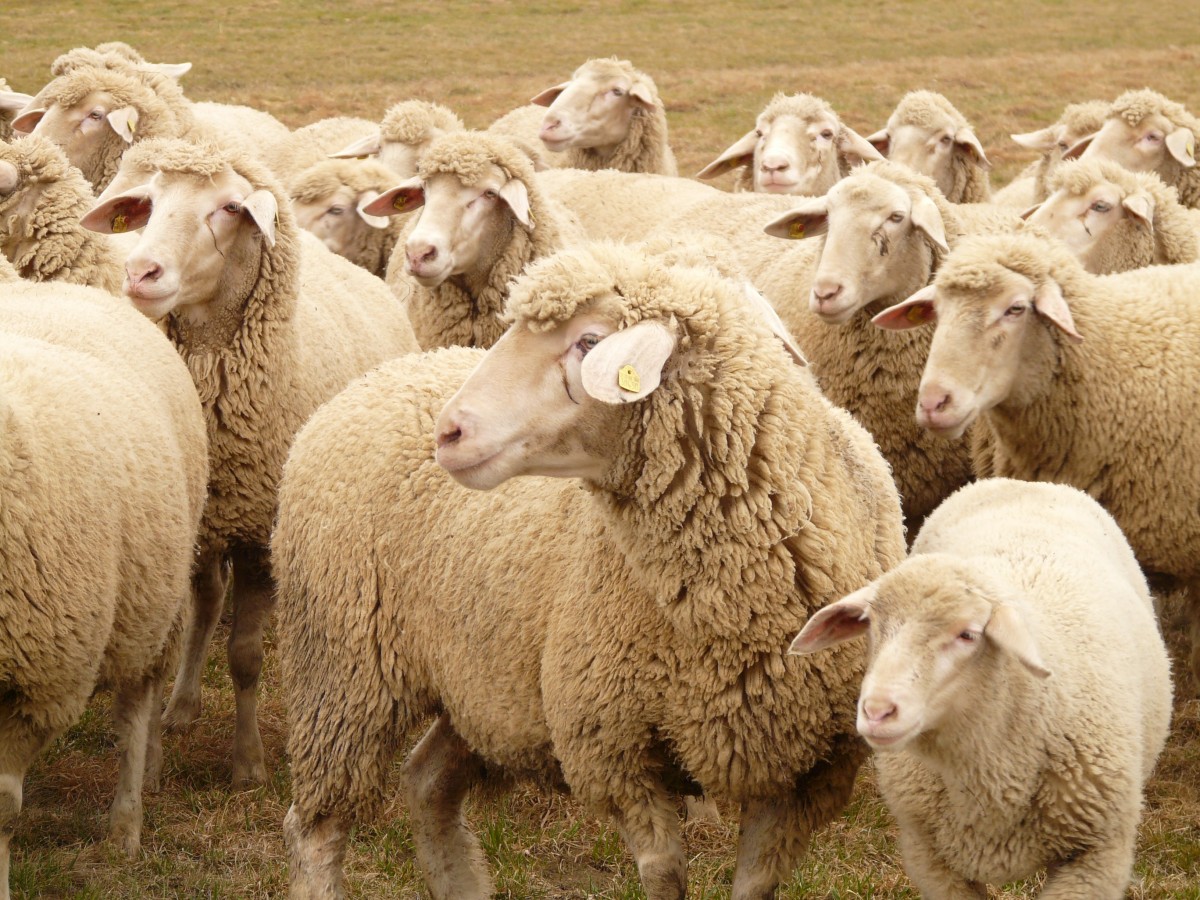
Using Corn Silage in Sheep Diet Formulations
Many Midwest producers have limited options for their primary forage source this year and, must utilize ear-less corn stalks as silage for their in livestock feeding systems. Despite the lack of ears on stalks in some areas the resultant corn stover silage is still expected to contain 80% of expected level of energy under normal growing conditions.
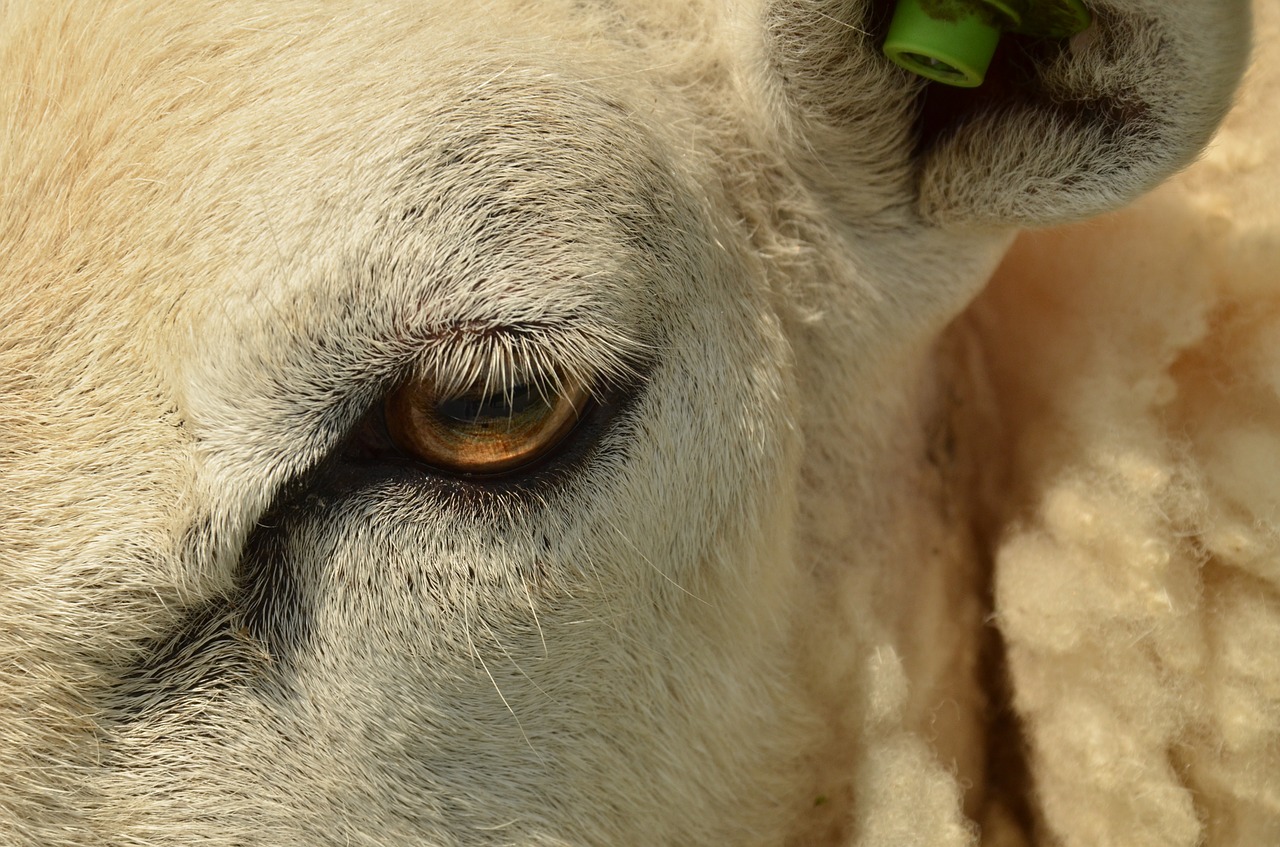
Small Ruminant Abortions: Cleanup and facility considerations
Sheep and goat producers in the upper Midwest rely on annual lamb or kid crops to maintain economic viability. Reduction in the lamb or kid crop due to abortion (premature birth) and stillbirths are a common occurrence on many farms. Some of these problems have implications for human health as well as animal health.

Local Foods: Whole Fresh Vegetables and Herbs
Fresh, whole raw fruits and vegetables grown in South Dakota can currently be sold without a food service license from the South Dakota Department of Health.

Training Gardens and Business Incubators
Community gardens are associated with urban areas and food production. However, community gardens can also be used as job training sites or small business incubators.
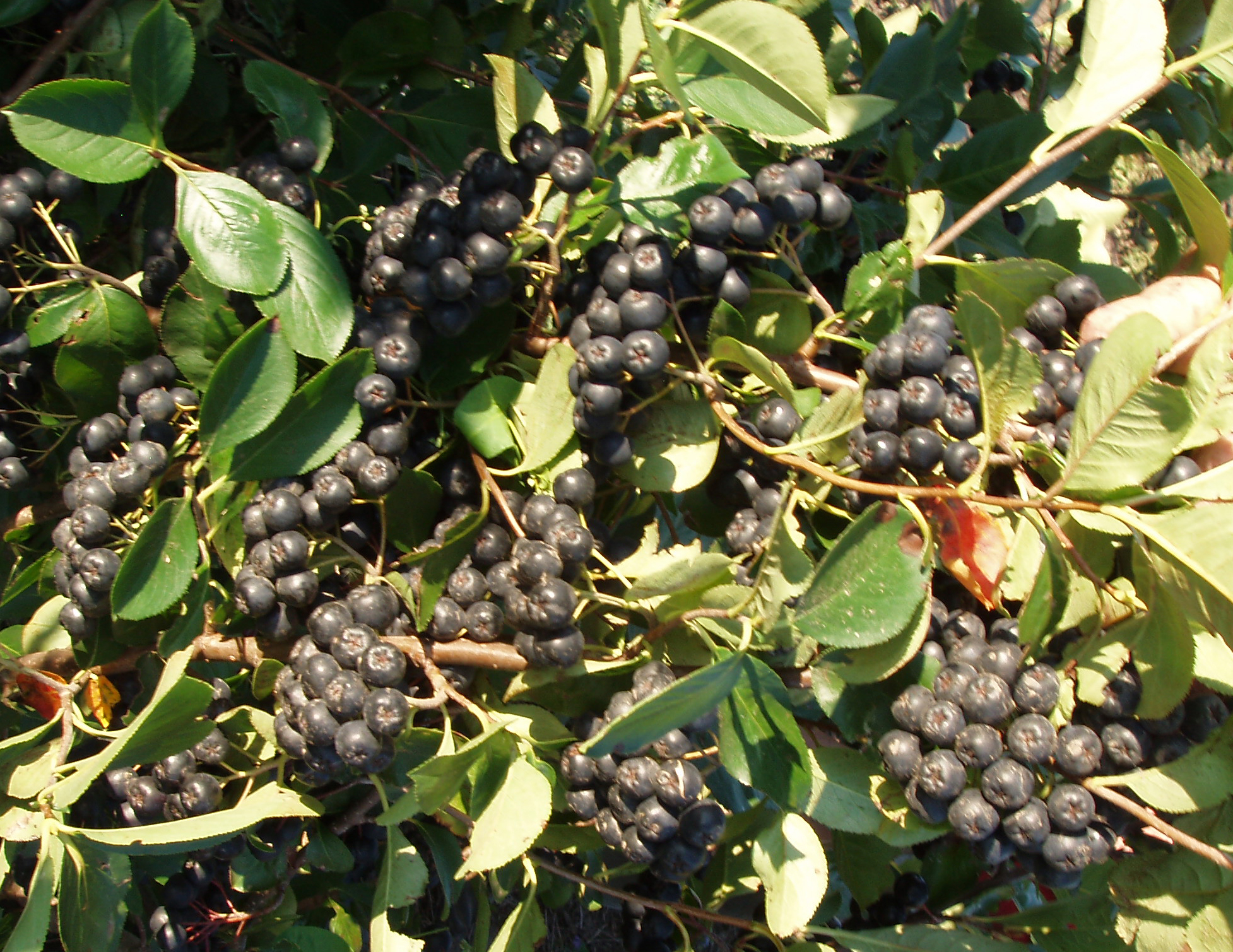
Soil Testing for Vineyards in South Dakota
Not all soils are conducive to growing quality grapes, so prospective vineyard sites should be tested before a decision is made to plant grapes. Tests can identify soils that are either too high in pH, salts, or salinity, or that are “too rich” (too high in organic matter and nitrogen) for grapes. In addition, testing before planting allows for the incorporation of nutrients—such as phosphorus—that do not move easily through the soil to plant roots.
SDSU Extension Master Gardener Online Reporting System
Better Impact is a web-based tool where Master Gardeners can log their hours, update their contact information, see the latest news, and much more.

Ages & Stages in the Garden: Ages 6-8
A garden can be used to teach many concepts to a board range of ages. When working with early elementary youth you will want to consider characteristics of their development when planning lessons and activities.